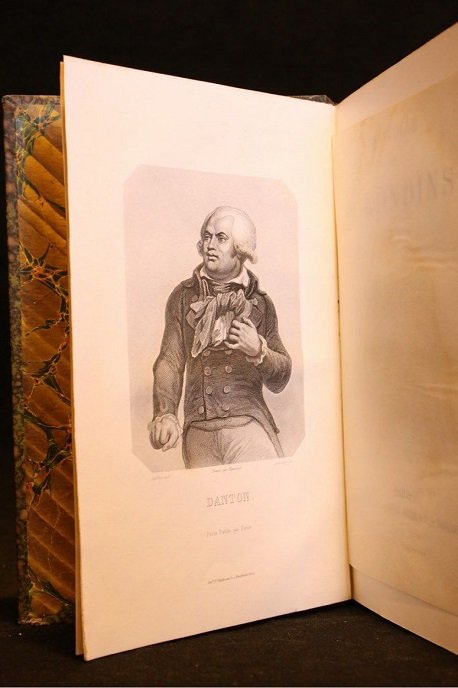Joslen became a spiritual mentor of a humble flock of pious peasants in a small parish. Throughout his life, he is dedicated to the suffering and unhappy, educates the children of the poor without mercy, calms the souls of the sinners. After a long separation a strange occurrence of circumstances "meet" the two lovers again. Loranne tried in vain to forget the fierce dedication of her first friend. One night, the village priest was summoned to help a weary old-fashioned old woman. Ending in front of the dying wanderer, Joshlen recognizes her only love, relieves her last moments, slides her eyes, buries her in the cave where they have once lived the only love in their lives. Eventually, the devoted servant of God infected with the plague after trying to ease the pains of the infected by the deadly disease, and dying with the wish to be buried in the same cave where he had sheltered Lorans' mortal remains. Since then the grateful peasants have been astonished to notice that the waters of the nearby mountain lake constantly reflect the images of the lovers whose spiritual bliss is born and extinguished in the nature that is favorable to them. It is remarkable that this poem has the touching harmony achieved in love in the context of the daily and spiritual life of the simple-minded peasants from the humble parish of the dedicated God's servant.
The other poem by which the poet Lamartine proves the miraculous power of the Christian faith during the age of Romanticism is titled "The Fall of an Angel". He devoted himself entirely to his love for the beautiful maiden Daida, whose heavenly patron is since birth, the angel Sedar, wishing to become a man. Having chosen the earthly pleasures of unceasing happiness, he falls into slavery and is doomed to experience all human suffering. Convicted until the end of the world to be reborn continuously, he will return to the kingdom of heaven only after he has purified himself; after living several lives and suffered several edifying deaths. Lamartine develops a typical romantic theme - through freely chosen suffering, by the accompanying spiritual pain, man exalts his spirit, approaching the enlightening wisdom whose supreme incarnation is God. His ambition is to prove that communicating with the wise parables of the Bible helped to build a new artistic sensibility in the first decades of the nineteenth century, when in the French society and culture a pervasive uplift, driven by the Great Revolution and conquests (territorial and civil) of Napoleon.
The poet Lamartine introduces into French romantic lyrics the confessional of his intimate, spiritual and emotional, aspirations "I". But his lyrical "I" is not isolated from others in some private habits but collects within himself the eternal and universal commitments of the soul of man who has accepted the burden of his assigned earthly existence. This kind of universal and unchangeable lyrical subject draws strength from the intellectual and emotional attitudes that dominate among its contemporaries, reproduces their dynamics induced by the changes in its age and mentality. Reflecting the weight of individual and collective choice at that time, he seeks to be at the same time close to the suffering wretch and the believing man. Lamartine gives a lyrical look to the religious zeal of the believing Christian crucified between suffering and hope between the mystery of his own self and the mystery of the supernatural power of God, between melancholy and trust, between life and death. The metaphors set forth in his poetry do not open horizons to mysterious worlds but help the reader to grasp the abstractions surrounding his intellectual being according to their real significance, giving them impressive concreteness. The musical suggestions laid down in the festive French language have been used by the poet Lamartine, for whom the establishment of harmonious relations between man and God is invariably accompanied by the staggering of melodious sounds in verses and rhymes.

nice article good job bro
thanks